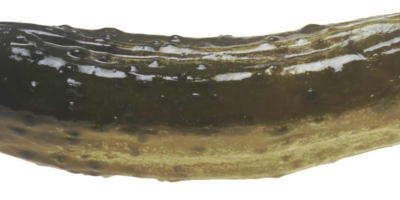By Danny Mayer
“oh those fabled canelands
they come shimmering back
through two centuries”
—Warren Byrom, “Fabled Canelands”
There is a grand tradition within roots music to evoke what Greil Marcus has termed “the old, weird America,” a sort of mythical, strange underworld of the pre-modern American republic, a place where the boundaries separating blues, country, folk and mountain music do not yet seem to have taken hold. Musically, think Harry Smith’s folkways recordings of the 1920s, Woody Guthrie, Mississippi John Hurt, the Carter Family, John Hartford’s Aereoplane years, The Basement Tapes, Nebraska, and just about anything by Gillian Welch, Uncle Tupelo or Dexter Romweber.
Marcus used the term to describe how roots music connected modern America with its freakish past at risk of complete erasure: Pre-depression era Chicago confidence men like Yellow Kid Wiel selling fake stock options, nineteenth century medicine men traveling the deep south hawking healing tonics, turn of the century Shakespearean acting troupes floating down the Ohio, early republic religious revivalists setting up tents by the tens of thousands in the wilderness of Cane Ridge, KY, for weeks of Jesus, booze and massive orgies. Think of it as our national id, part fantasy and part historical record, old maps reminding new worlds.
Beginning with the album cover—a Gina Phillips tapestry depicting a pre-colonial Englishman in the opening act of clubbing an Indian—Warren Byrom’s debut solo record The Fabled Canelands is firmly situated within that old, weird America. The songs span a geographic and musical terrain bordered by the Appalachian mountains, the Ohio and Mississippi Rivers, and the Louisiana Gulf coast, though the heart of Byrom’s old America seems to be set nearby the inner Kentucky bluegrass region of his home, a place once thick with stands of river cane standing over ten feet tall, now long since mostly eradicated, which European settlers encountered when first flooding into the area.
Those familiar with Byrom’s work as co-front man of do-everything band the Swells will recognize the musical (“Good Touch”) and topical (“Sidewalk Kings of New Orleans”) references to New Orleans. But on this solo album Byrom expands his reach. Straight on folk-rock songs like “The Fabled Canelands,” “Heavy Dragoons,” and “Song for Jayce,” the latter song being at home on just about any Wilco album, are best played loud and while traveling at high speeds on back country roads. Elsewhere, songs like “That First Kite” (a James Baker Hall poem), “Good Touch,” and “Sleep” (aided by James Friley’s sparse piano) veer into the sort of dark folk one might encounter on a Dexter Romweber album.
Like that most famous of roots collections, The Basement Tapes, The Fabled Canelands fits together like a tapestry. Song edges overlap and bleed, offer moments of fulfillment and emptiness, and trace out a past that continues to exist at our own margins. It’s new, it’s old, it’s ambitious, and it just so happens to be quite good.
Head on down to CD Central to buy The Fabled Canelands.



Leave a Reply